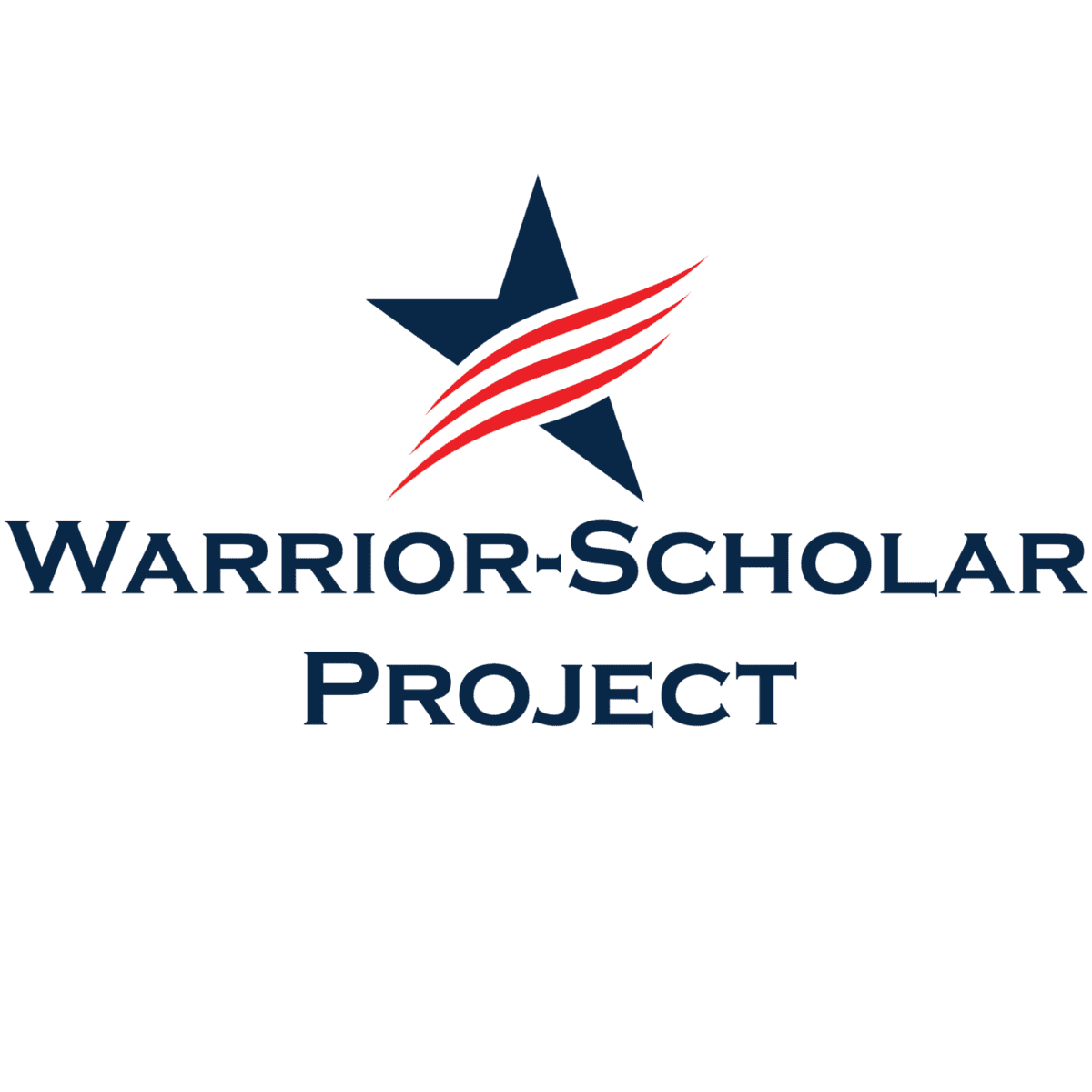By Sai Chavan
The Warrior Scholar Project (WSP), in partnership with the U.S. Department of Veteran Affairs, is a national non-profit organization that provides enlisted veterans and service members with the opportunity to pursue their educational desires and attend four-year universities.
Around 115,000 veterans are conflicted with continuing their education journeys each year, as they separate from the military, according to the WSP program. However, WSP assists in ensuring that this cultural change in their lives is well-received.
Various veterans regard the program as a “life changing” academic experience, as it assists them in their transitional journeys from the military to college-like settings. Doing so, they engage in immersive educational experiences at one -to -two-week academic boot camps at highly selective schools.
During their time at these bootcamps, they engage in discussions that range from a variety of topics alongside university professors, which further helps them improve their analytical and thinking skills.
Over the summer, Princeton University paired up with WSP to host a 13-day bootcamp focusing on Humanities and STEM (science, technology, engineering and mathematics) related subjects. It was followed up with the organization’s second annual Alumni conference in late July. Those who were able to attend the conference were able to hear from keynote speaker Thomas Brennan, who is the founder of The War House – a nonprofit newsroom which strives to observe the human impact of military service.
Xi Chan attended this year’s WSP-Princeton boot camp. He lives in Santa Monica, Calif. and grew up in New York. Xi served in the U.S. Navy for about four years. He joined the military to be a part of something that was bigger than himself, as he was struggling to find a purpose for his life. After about two to three years in, he realized he wanted to attend college.
He is currently a student at a community college. Chan first heard of WSP via a forum post noting his experience at the Princeton boot camp was “special and incredibly unique.” He added that the content he learned during his time at the program was “really helpful, as veterans are often underprepared when it comes to classroom settings, given their extensive time in the military.” The program has enabled him to gain a better understanding of his education and made him more eager to learn.
David Nagley attended the inaugural WSP-Princeton boot camp in 2022 and is attending Princeton University this fall. When he left the U.S. Army in 2022, he was curious about going back to college. He wanted to attend community college, but was unsure of what steps he should take next until he came across WSP in his search. He initially thought the camp would be “hard” because of where it was held, but he came out of it learning skills, such as time management and confidence. Nagley was appreciative that he was given the opportunity to attend the bootcamp and aspires to become a fellow for the WSP program to inspire others as well.
Hanh Dinh was one of the STEM fellows at the bootcamp this year. She is an alumnus of the program who returned to mentor and teach other student veterans of their higher education journeys. She is an enlisted veteran and believes that the program has helped her see more possibilities for higher education. Hanh believes that WSP has made others – including herself – gain confidence in themselves and ultimately it has had a very transformative influence on their lifestyles and outlook on life. There was a lot of support and interactions through the program which showed her that veterans can still have access to community even in school settings.
Additionally, WSP offers workshops for additional needs, including those of veterans enrolled in community colleges and programming for marginalized veterans. WSP’s first bootcamp launched at Yale University in 2012 with nine participants in total. Since then, the organization has significantly grown and expanded across 21 of America’s most prestigious schools and has efficiently helped veterans receive more opportunities in higher education.
Investments made by foundations, private donors, corporations, and Princeton University has covered the cost of the program for those involved.
For more information about WSP visit www.warrior-scholar.org.

